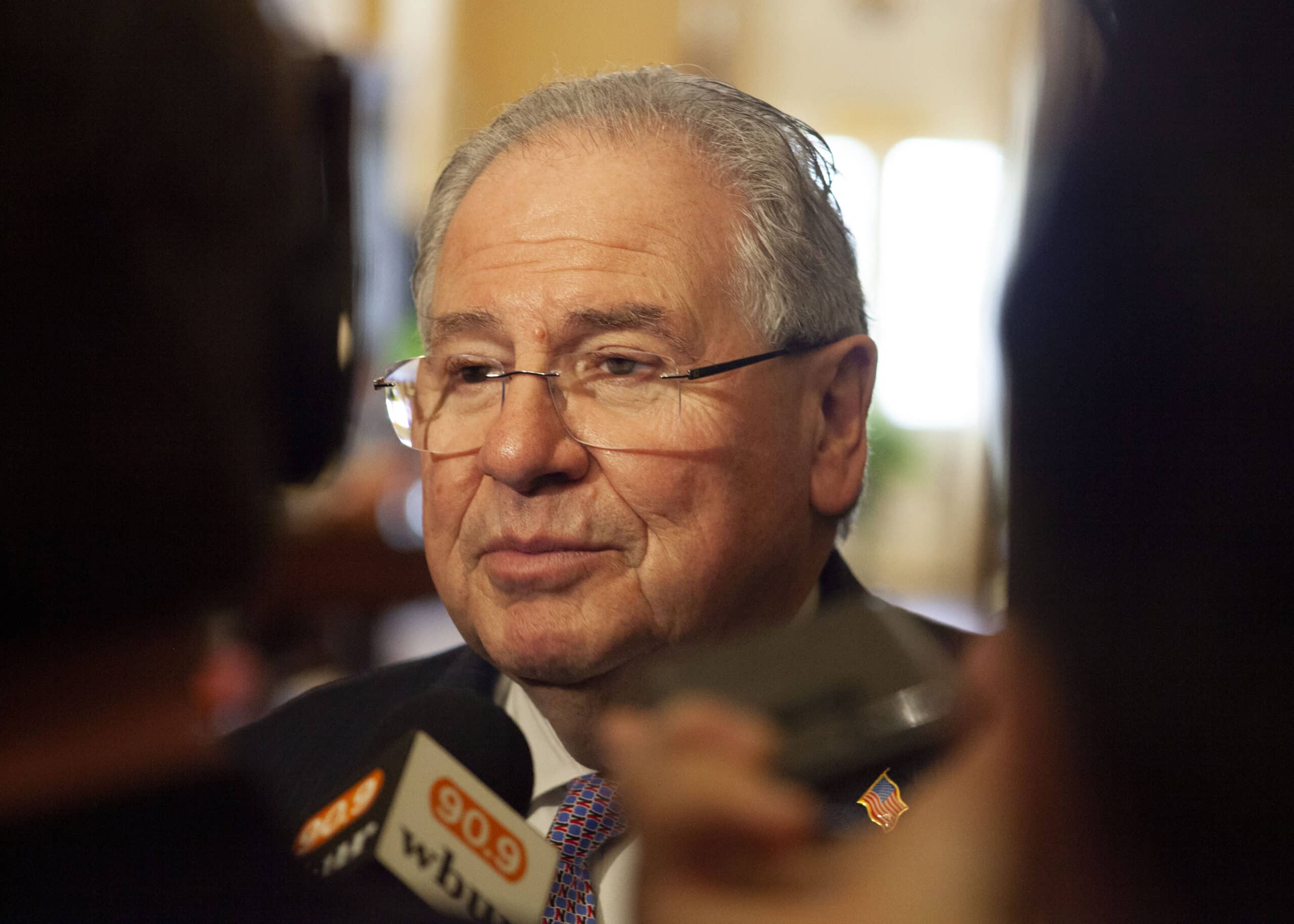A Baker administration effort aimed at giving vocational training to 20,000 new workers over four years would begin with an initial class of just over 1,500 people and scale up gradually, the state’s labor and workforce development secretary said Monday.
Secretary Rosalin Acosta told lawmakers during a budget hearing that next year would be a “capacity-building year” for Gov. Charlie Baker’s new Career Technical Initiative, with plans to enroll 1,024 adults and 500 youth.
With the goals of providing more residents with career training and increasing the supply of skilled workers available to businesses, the initiative proposes operating vocational schools in three shifts per day. Along with their regular day of classes, the schools would offer an afternoon program for students enrolled in traditional high schools and an evening program for adults looking to move into high-demand industries.
Baker has said the program will “transform” vocational schools and “turbocharge our approach to applied learning and industry specific credentialing.” The program could also help address the state’s shortfall of construction labor, which contributes to ever-higher construction costs, particularly in Greater Boston.
Plan: Run Schools on Three Shifts
Baker rolled out the new initiative over three days in January – first announcing the concept in his State of the State speech, providing more details when he filed his fiscal 2021 budget the next day, and then highlighting it with a visit to Greater Lawrence Technical School.
Housing and Economic Development Secretary Mike Kennealy said Monday that Greater Lawrence is among the schools that are already working on a multi-shift model, with some students starting their day at Lawrence High School at 11 a.m. and then coming over to the vocational school at 2 p.m. to continue their studies.
“We think it’s a great way to make great use of the space,” he told the House and Senate Ways and Means Committees.
Baker’s plan recommends a $14.9 million investment in fiscal 2021 to set up 15 Career Technical Initiative sites through existing regional vocational schools. Sites will be selected through a request for proposals.
The governor’s budget (H.2) allocates $6.9 million to the Executive Office of Labor and Workforce Development and $1.5 million to the Executive Office of Education for the Career Technical Initiative. The administration also plans to leverage $6.5 million in public and private funding for the program’s first year, Acosta said.
She said there will also be a marketing campaign to recruit adult enrollees and businesses who would be a match for the newly trained workers.
Kennealy’s office projected that 9,000 to 13,000 adults would enroll in evening training programs over the next four years, and 7,500 to 10,000 additional high school students would enroll in vocational programs, subsequently reducing vocational school waitlists.
Legislators Urge Tailoring to Industry Needs
Rep. David Muradian, a Grafton Republican, lauded the Career Technical Initiative after Acosta’s testimony, calling it “a wonderful new endeavor that you’ve come up with.” Blackstone Valley Regional Vocational Technical High School in Upton serves his district, and Muradian said it is a “wonderful trade school” with “hundreds of students in the queue” awaiting admission.
Sen. Nick Collins, who chaired the hearing with Rep. Liz Malia, asked if the students from other high schools would receive course credit for their after-school vocational training.
“The whole idea is to give young folks that maybe wanted to experience a trade or technical job, but they did not get into the voc school, now they have the opportunity to take a tech or trade class,” Acosta replied. “It all counts to their high school graduation.”
Rep. Carole Fiola urged Acosta to focus on “really engaging the employer base” as Career Technical Initiative sites are developed. The Fall River Democrat said employers in different regions have different needs.
“We don’t want to bring in 12 adults at night and 28 students from the comprehensive public school in the afternoon who are going to gradaute with a skill and probably not going to college, and they don’t have a job when they graduate,” she said.
In response, Acosta said the initiative “is obviously an effort that’s going to take a village.”
“It’s going to take all of us,” she said.
The hearing was held at Roxbury Community College, around the corner from Boston’s Madison Park Technical Vocational High School.
Roxbury Rep. Chynah Tyler asked Acosta what industries she sees as “opening up,” so that “we can indicate to Madison Park” fields where the school should be seeking partnerships. Acosta pointed to health care, information technology and manufacturing.




 |
| 

